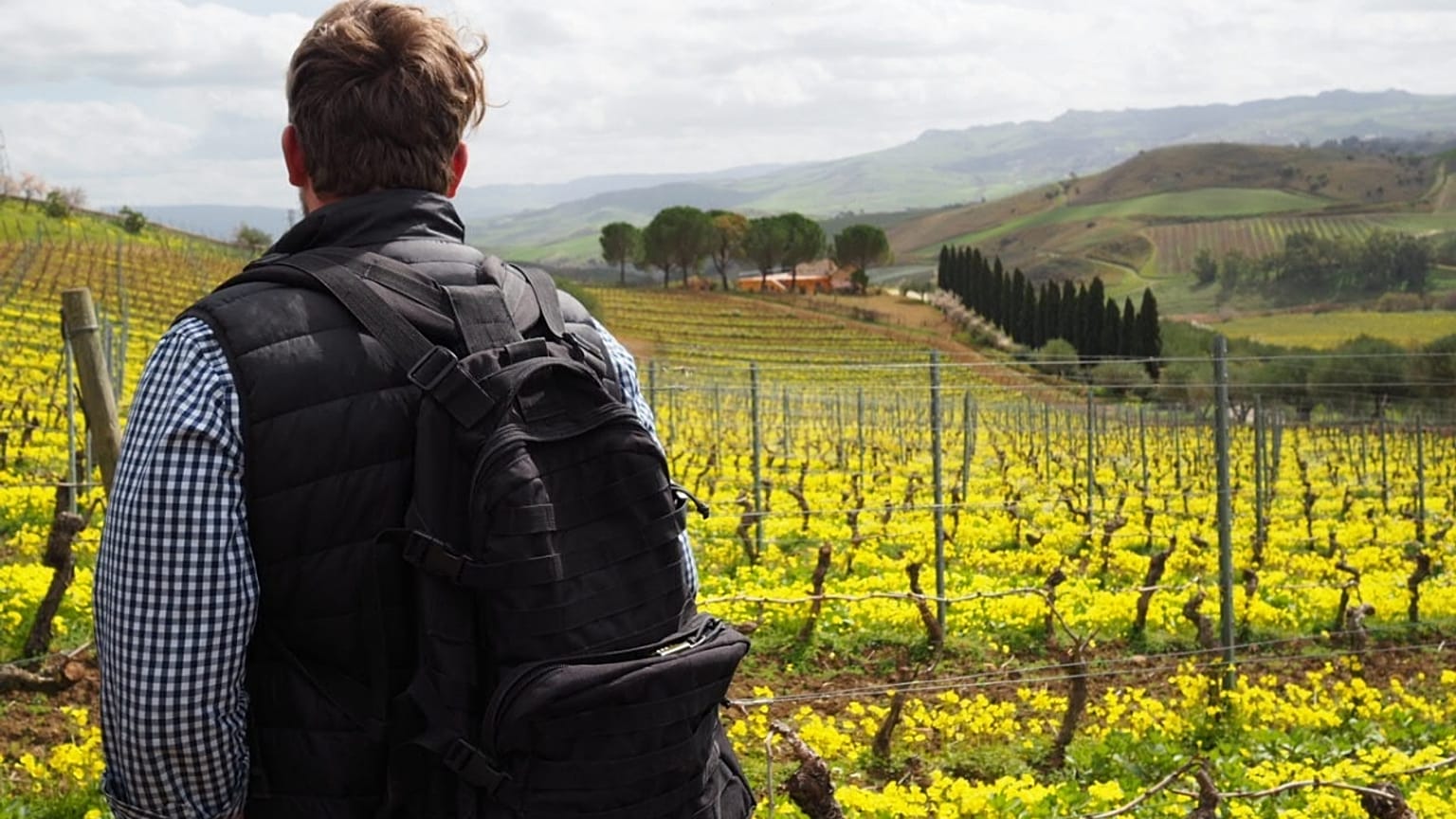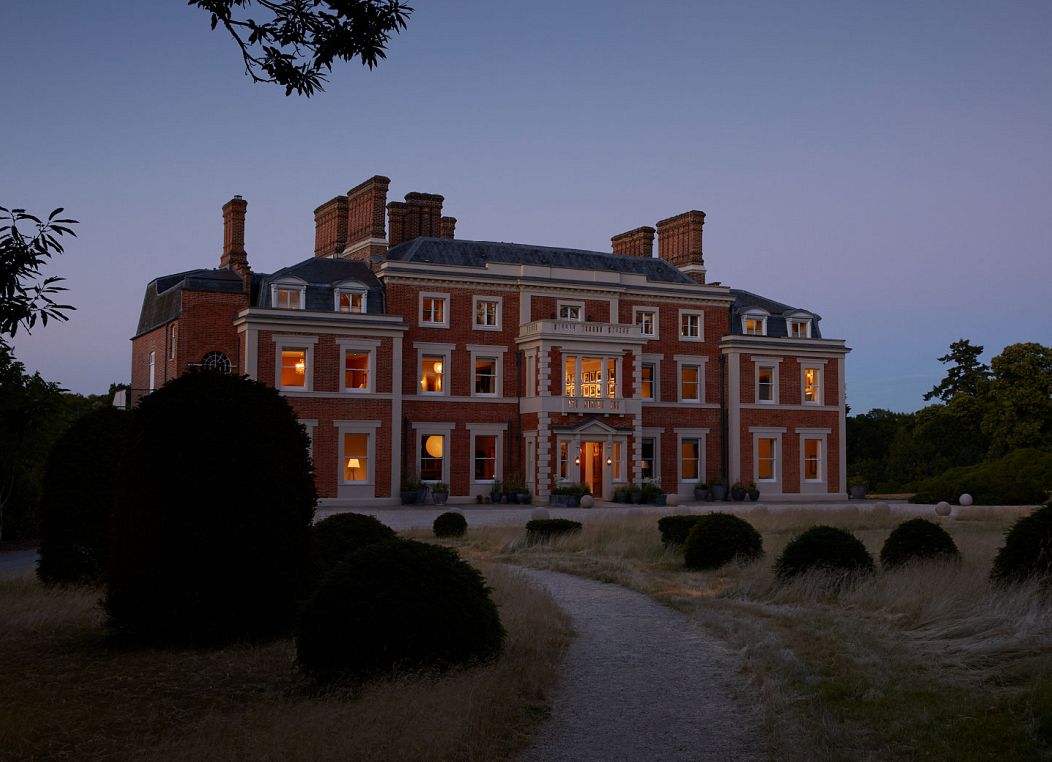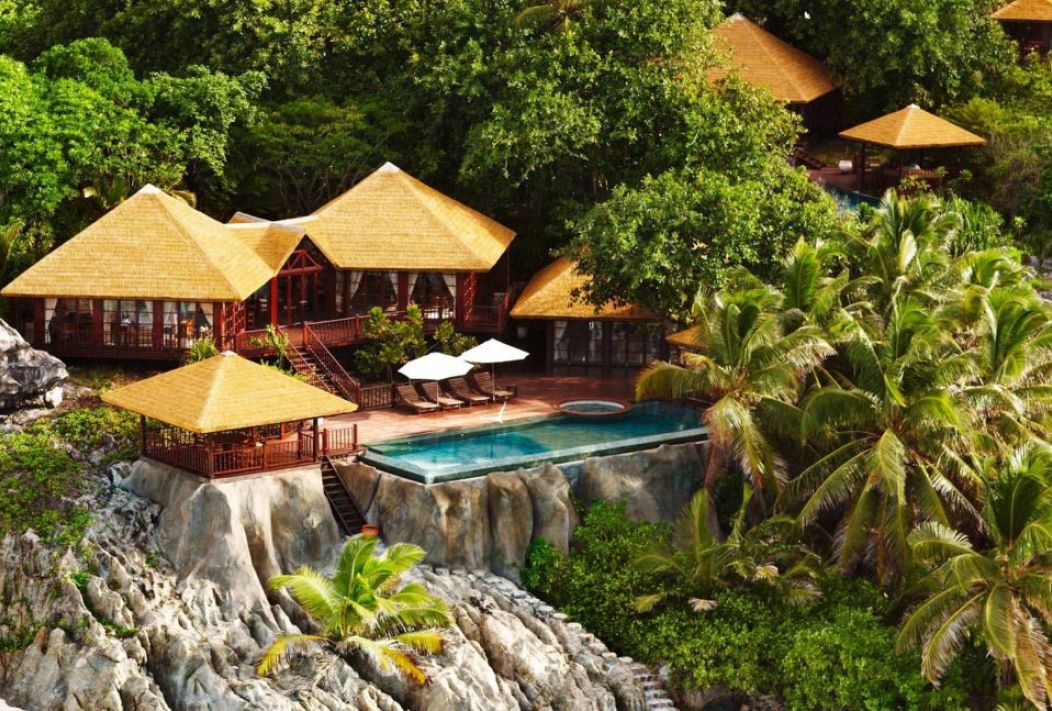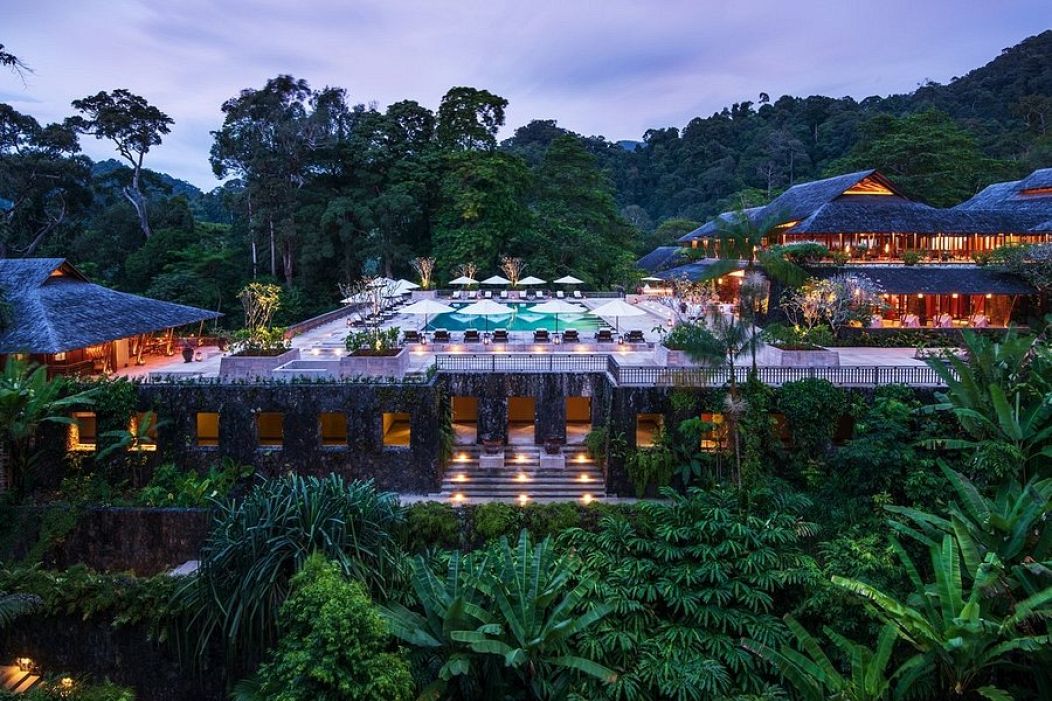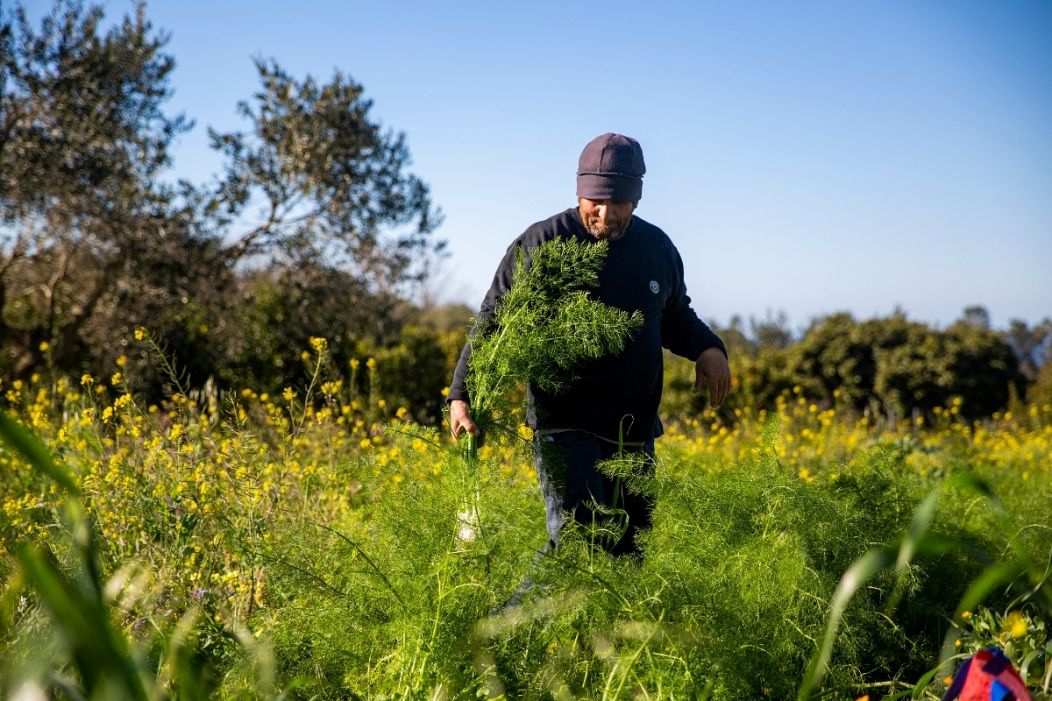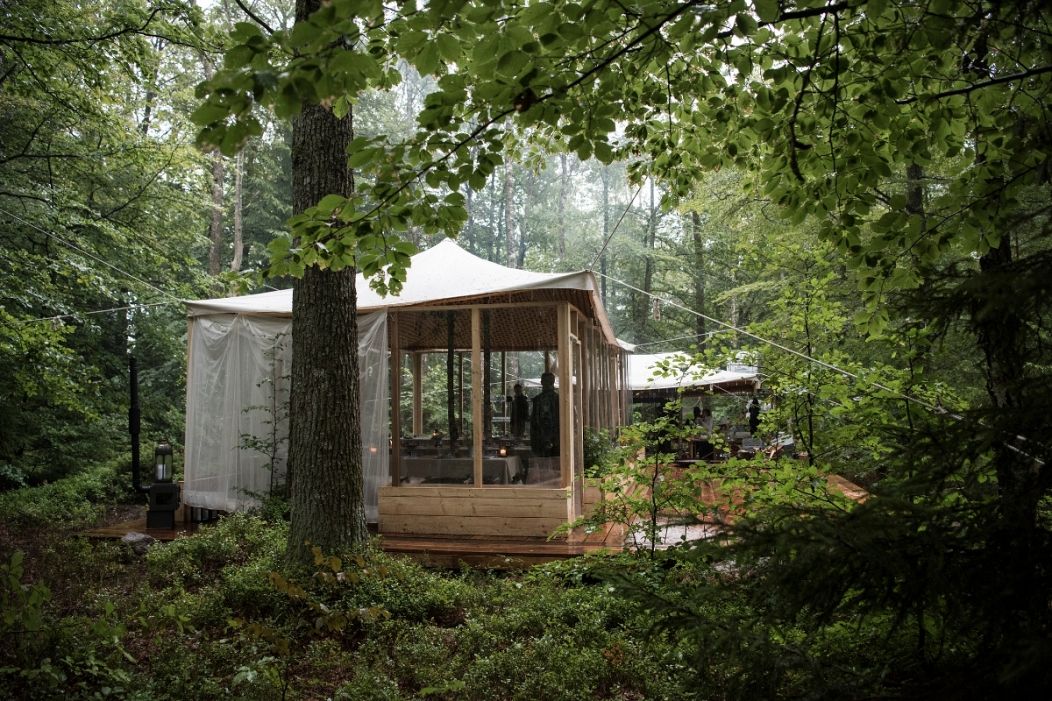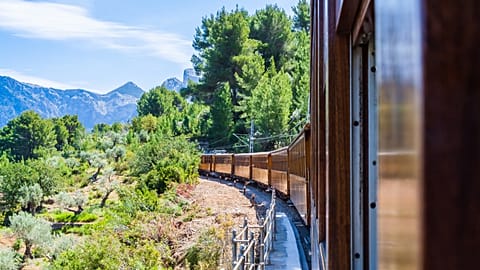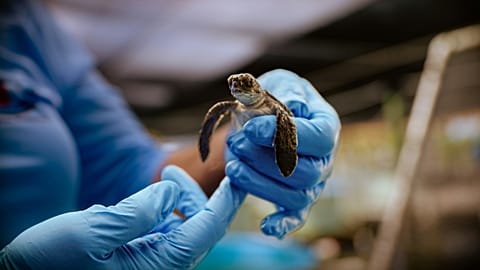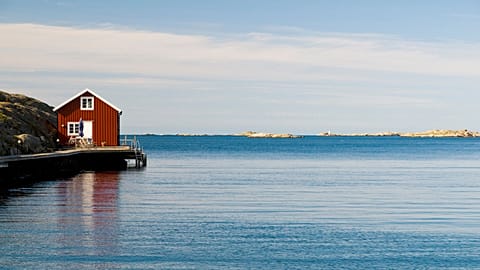Would you go on a 'cultivacation'? Turns out it's the next big travel trend...
At a time when most people in the Western world are disconnected from where their food comes from and its carbon footprint, there is a new movement emerging towards self-sufficiency.
 ADVERTISEMENT
ADVERTISEMENT
 ADVERTISEMENT
ADVERTISEMENT
Taking a 'cultivacation', which sees people holidaying on farms, ranches and agricultural retreats is a trend that has been identified in a trend report from Euronews, produced in collaboration with travel trend forecasting agency Globetrender.
Here are five (almost) entirely self-sufficient hideaways to stay that give you the opportunity to connect and learn about what you are consuming…
1. Heckfield Place, UK
This grand, recently renovated country house hotel in Hampshire sits on a 438-acre estate that includes its own farm, run according to biodynamic principles.
It has fields and poly-tunnels sustaining everything from wheat to apples, while flowers for the hotel are all grown in the on-site walled garden.
Heckfield Place also raises its own free-range chickens, pigs, sheep and even dairy cows for producing milk and cheese.
2. Fregate Island Private, Seychelles
Fregate Island Private in the Seychelles gives you a Robinson Crusoe experience in the height of luxury.
This exclusive eco-paradise is determined to be self-sufficient because importing things would be costly and bad for the environment. Instead, it grows 80 per cent of its food.
More than 50 different types of fruit and vegetables thrive in its on-site organic gardens and there is a hydroponics house for tomatoes and spinach. Fregate even distils seawater for drinking.
3. Datai Langkawi, Malaysia
Another garden of Eden is found on the Malaysian island of Langkawi at the five-star Datai resort, which is surrounded by ancient rainforests.
Not only does it have its own resident naturalist, Irshad Mobarak, but its own wastewater management system, organic waste macerator for turning leftovers into compost, a worm farm and permaculture gardens that are open to guests to learn about self-sustaining organic food production.
4. Anna Tasca Lanza, Sicily
Case Vecchie is a 19th-century farmhouse in Sicily that’s part of the Anna Tasca Lanza cooking school.
From April to December you can take part in hands-on cooking classes and workshops on seasonal ingredients, much of which are grown on the land.
There are olive groves, for example, where you can see how oil is extracted at the olive mill and learn how to use it in Sicilian dishes. You can also discover how to make ricotta with a local shepherd and cheese-maker.
5. Stedsans in the Woods, Sweden
Stedsans in the Woods is a self-sufficient lake-side hideout with wooden cabins and its own permaculture plots for growing food.
Menus at its forest restaurant, where people eat communally, are primarily plant-based but they do also serve meat from animals “that have only had one bad day in their life”. Fish is caught locally, wine is natural and they also make their own alcohol-free drinks from medicinal herbs.
“Next year we will expand our concept doing retreats reconnecting people with nature," says co-founder Flemming Schiøtt Hansen.
"We will offer talks and cooking classes, take people foraging and forest bathing, get them to help in the gardens, do cacao ceremonies and sit around a fire.”
Jenny Southan is editor and founder of travel trend forecasting agency Globetrender.














